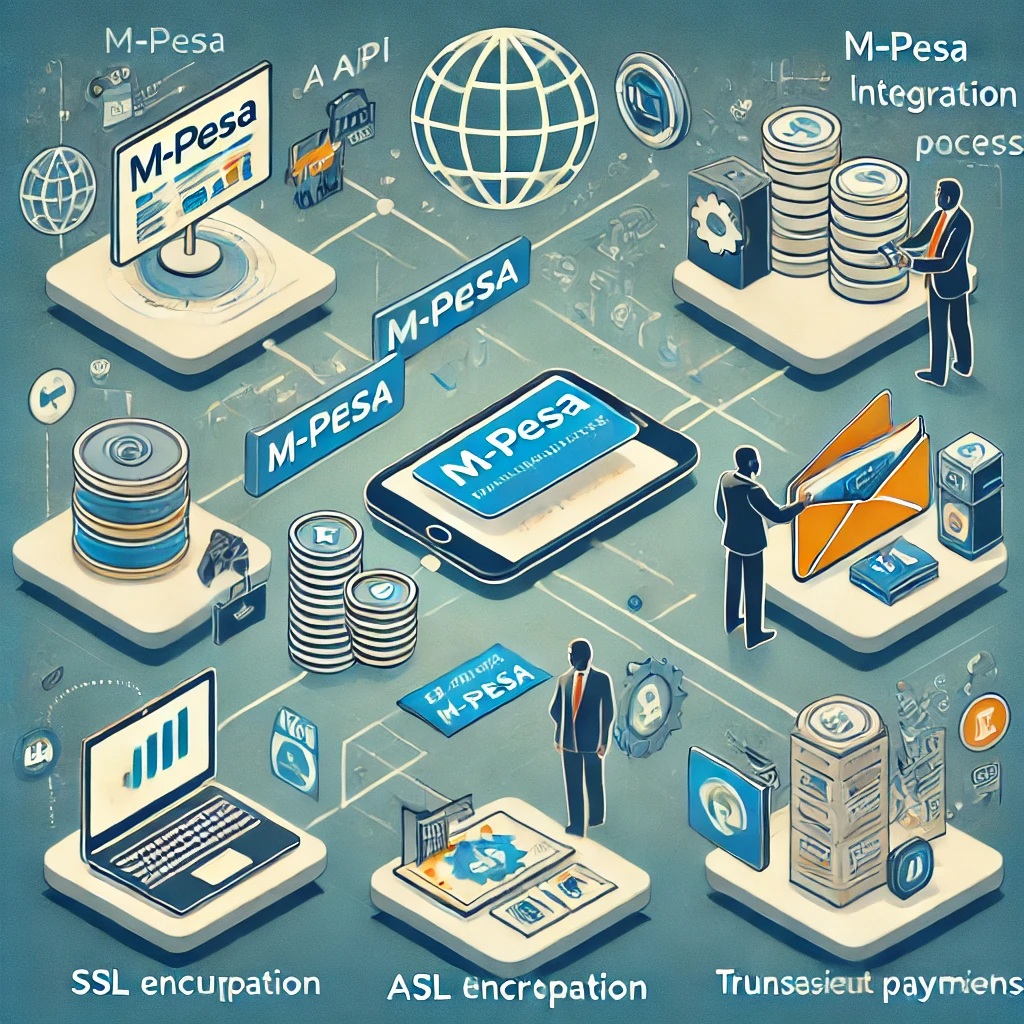No products in the cart.
How Fintech Is Changing Traditional Financial Institutions
Fintech refers to the recent movement across the financial industry in response to relatively new technologies and inventions. Multiple businesses are now adopting new payment schemes and security methods. Meet-ups are now common between senior executives of traditional banking institutions and fintech developers–with each camp eager to learn about what’s happening in the other side of the house. Find out more about changes caused by fintech and how traditional banking institutions are adapting here!
With technology changing the banking industry in so many different ways, it’s hard to know where to start. High-tech firehouses, chatbots, and a never-ending selection of financial products are just a few items on the list. What does all this mean for you?
The Fintech revolution is not slowing down. You name the industry: finance, real estate, travel and entertainment, energy distribution – and there will be disruption! In this post, we cover some of the most interesting ones in detail.
what is fintech?
The term fintech as mentioned earlier in our intro is the short form of financial technology. Fintech describes the new technologies that are being used to help deliver financial services. This includes a wide range of products and services such as mobile payments, peer-to-peer lending, and Bitcoin. The fintech industry is growing very quickly and there is an estimate of over 4,000 fintech startups worldwide now.
Fintech companies are generally much smaller and more agile than traditional financial institutions such as banks. They often use cutting-edge technology to provide their services in a more efficient and user-friendly way. For example, many fintech startups offer mobile apps that allow users to manage their finances on the go. Traditional banks have been slow to adopt these technologies, which has created an opportunity for fintech companies to gain market share.
Fintech is not just about developing new products and services; it is also about using technology to make the delivery of financial services more efficient. For example, The use of blockchain technology by some fintech companies to streamline the process of sending and receiving international payments. Traditional banks are also beginning to experiment with blockchain in order to improve their own cross-border payment systems.
The rapid growth of the fintech industry has led to increased competition for traditional financial institutions. Many big banks are now investing heavily in fintech, either by launching their own products and services or by acquiring existing fintech
What Does Modern Fintech Mean for Customers and Employees?
Financial technology(fintech) by definition describes any type of technology that provides financial services to its users. This may include everything from mobile apps that allow you to send money to friends, to software that helps businesses keep track of their finances.
The rise of fintech has led to some concerns about the future of traditional financial institutions. Some worry that fintech companies will displace traditional banks and other financial institutions altogether. Others believe that fintech will simply make traditional financial institutions more efficient and effective. Only time will tell what the ultimate impact of fintech will be on the financial world.
How Fintech Is Changing Traditional Financial Institutions
Technology is rapidly changing the financial landscape, and traditional financial institutions are feeling the pressure. Financial technology, or fintech, startups are challenging traditional banks with new products and services that are more convenient and user-friendly. As a result, banks are being forced to innovate and adopt new technologies to stay competitive as highlighted below
1. Use of substitute services – One of the biggest ways that fintech is impacting traditional financial institutions is by increasing competition. Fintech startups are able to quickly develop and launch new products and services, thanks to their nimble structure and innovative approach. This poses a big challenge for traditional banks, which are often bogged down by bureaucracy and slow decision-making processes. In order to compete, banks must be able to move quickly and adapt their offerings to meet the needs of their customers in a more easier way for example customers opting to use mobile baking mobile banking due to increased use of smartphones.
2. Change of business model – Another big way that fintech is changing traditional financial institutions is by forcing them to re-evaluate their business models. Many fintech startups are using technology to disrupt established business models in the financial sector. For example, peer-to-peer lending platforms have cut out the need for traditional banks by matching borrowers with lenders directly. This direct connection eliminates many of the fees associated with taking out a loan from a bank, making it a more attractive option for borrowers.
3. Change of operation – Fintech has already had a huge impact on the way traditional financial institutions operate. For example, many banks now offer mobile banking apps that allow customers to check their balance, transfer funds, and even deposit checks without having to visit a branch.
In addition, fintech is beginning to change the way employees work within financial institutions. For example, some banks are using artificial intelligence (AI) to help identify fraudulent activities. AI can also be used to provide customer support or make recommendations about products and services.
4. Investments – Fintech is also changing the way people invest their money. In the past, most people invested in stocks and bonds through a broker. Today, there are a number of online platforms that allow anyone to invest in a variety of assets, including stocks, bonds, and cryptocurrency.
As fintech continues to grow and evolve, it’s clear that it will continue to have a major impact on traditional financial institutions. To stay relevant and competitive, banks will need to embrace new technologies and rethink their business
Conclusion
There’s no doubt that fintech is changing the financial landscape, and traditional financial institutions are feeling the pressure. But it’s not all doom and gloom for these established players – many are rising to the challenge and using fintech to their advantage. Those that don’t embrace change risk being left behind in an increasingly digital world.





